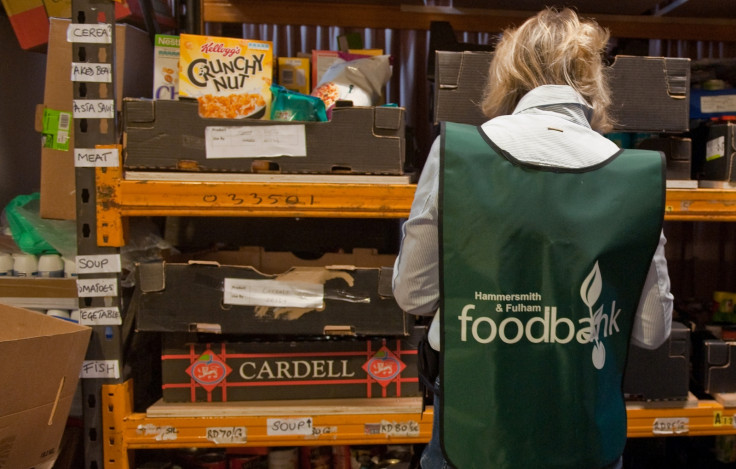Inequality narrows but incomes in the Midlands are 25% lower than in the south-east
IFS study shows incomes in the Midlands, Wales and the North are only as high as they were in the south-east two decades ago.

The issue of inequality in Britain has again been thrust into the spotlight after a report revealed average salaries in the Midlands, Wales and the north of England were only as high as they were in the south-east two decades ago.
According to the Institute for Fiscal Studies (IFS), average incomes in the East and West Midlands were respectively 6% and 9% lower than the national average. In the latter, Britain's poorest region, salaries were 25% lower than in the south-east.
Campbell Robb, chief executive of the Joseph Rowntree Foundation, which funded the report said the figures were "alarming" and urged the government to take action.
"Rebalancing our lopsided economy must be a priority if we are to create a country that works for all," he said.
"Low earnings are an increasingly important driver of poverty, with the proportion of children in poverty in working households rising sharply in recent years. The Government must make urgent progress with its industrial strategy, working across party times to deliver a plan that drives up skills and productivity across the country."
As a result, the poverty rate in the ten most deprived areas was twice as high as in the least deprived ten, meaning a quarter of all poor children live in the 10% most deprived areas.
"Action must be taken to close Britain's regional income gap," said Frances O'Grady, the TUC general secretary.
"People are still missing out on the chance of decent, well-paid work because of where they live.
"These findings cannot be shrugged off. Ministers need to explain how they'll deliver growth and boost living standards in every corner of the country. Not just wealthier parts of the capital."
However, the study also found that falling income for top earners and increased employment had contributed to narrow inequality through some UK regions for the first time since the recession.
While London remained the most unequal part of Britain, the capital also recorded a "particularly large fall in income inequality", with low-income households seeing salaries rise by over 10% since the end of the decade.
"There are important gaps between the average incomes of different regions, though inequalities within regions are far larger than those between them," said Agnes Norris Keiller, a research economist at IFS and an author of the report.
"While London remains the most unequal part of the country, inequality in the capital has seen a dramatic decline over the last decade."
The report comes only a week after the Office for National Statistics warned the squeeze on households was being exacerbated by subdued wage growth. Earnings, excluding bonuses, rose by 2% year-on-year in May, but when the impact of inflation is factored in, real weekly wages fell by 0.5% compared with a year earlier.
The rate of inflation stood at 2.6% in June, down from the four-year high of 2.9% reached in May, but above the Bank of England's 2% for target for the fourth consecutive month.
© Copyright IBTimes 2025. All rights reserved.






















